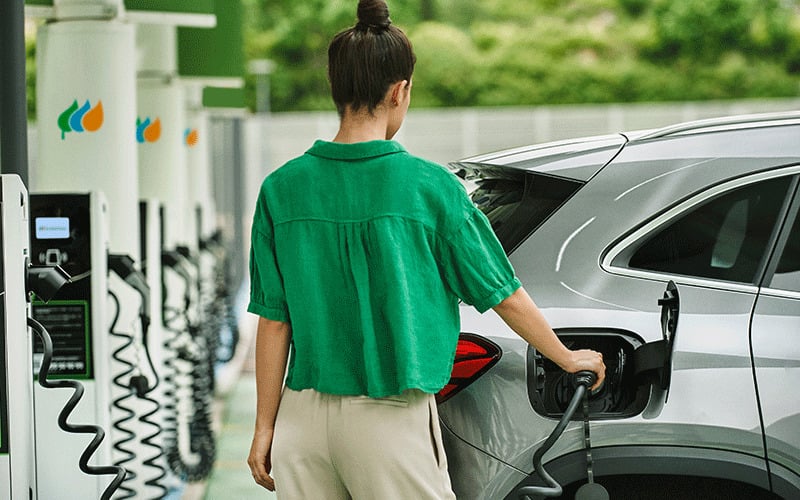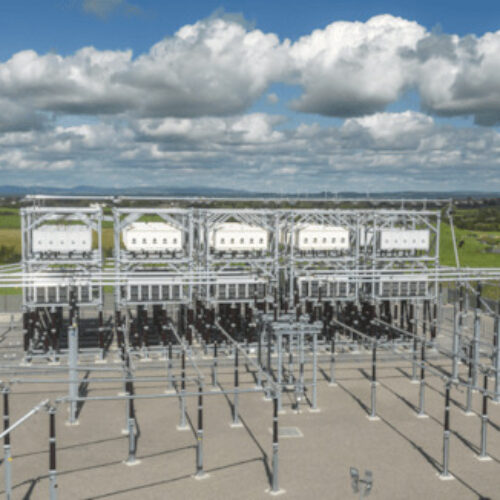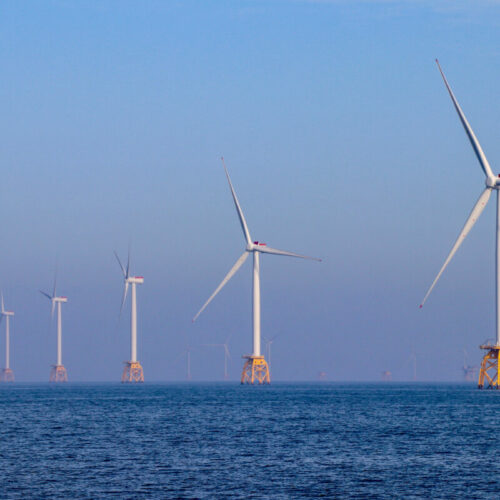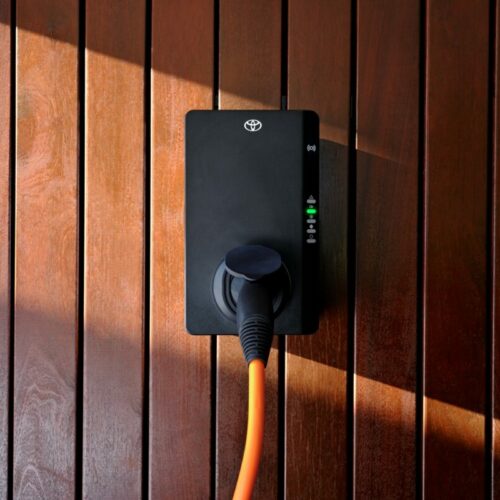EV charging solutions company Manta Ray EV has released results from its 2024 EV Driver Study, including surveyed answers.
Some key highlights included the revelation that 43% of respondents said public chargers are unreliable, and 64% of respondents would not queue at a public charger but would instead look for another.
It is also important to note that the majority of EV Drivers surveyed, 56%, said they would consider sharing their charger, and an even higher proportion, 80%, would use a shared charger.
However, on the other side of that, home charging has become more prevalent, with 82% of respondents now having access to a home charger, likely a result of the 20% VAT applied to all public EV charging in the UK.
Moreover, concerns over the cost, safety, and reliability of public charge points remain despite improvements in the overall quality of public charging infrastructure.
Mark Miller, CEO of Manta Ray EV, said: “The concerning trend of insufficient EV charging infrastructure in the UK spurred the creation of Manta Ray EV. By unlocking access to the vastly more abundant private residential and business chargers for EV drivers, even a mere 5% increase in private charger availability could boost the public charging network by 50%.”
Other UK EV charging faults
The aforementioned 20% VAT has seen many EV advocacy groups and charge point operators (CPO) call out the UK government and write open letters to ministers.
Most recently, CPO EZ-Charge called on the government to act on the fact that EV users in the UK pay four times more tax when charging from public points than when charging from home, with private charging set at 5% VAT.
Data accrued from car manufacturers Vauxhall’s research highlighted that approximately 40% of UK households do not have a driveway or access to off-street parking, a figure that rises to 60% in urban areas.
Considering the larger amount of tax applied in tandem with the lack of availability for home charging in the UK, it becomes increasingly clear that improvements to the public EV charging infrastructure must be made.
In addition, new statistics published by Zapmap reported that the overall cost of high-powered charging on the public network increased by 11% over 2023.
According to the Zapmap Price Index, the average price of charging an EV in Britain using a rapid or ultra-rapid increased from 73p/kWh in December 2022 to 81p/kWh.





